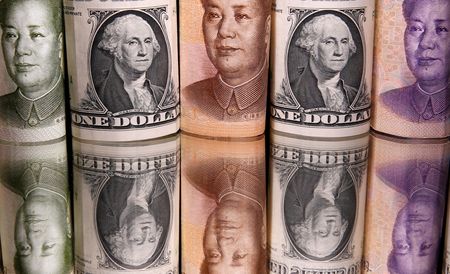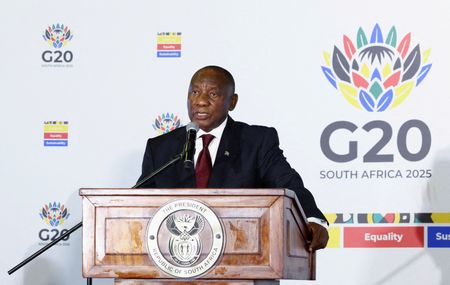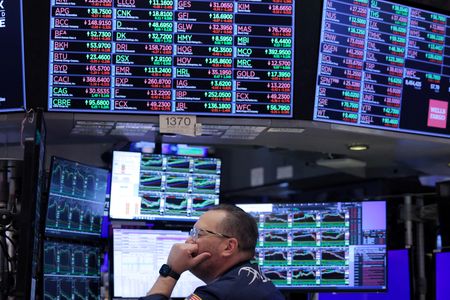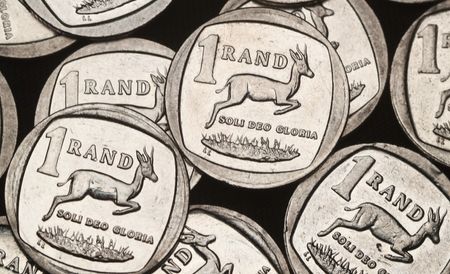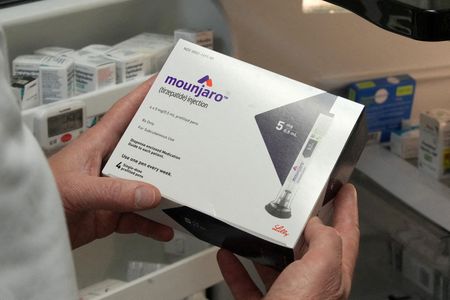By Chibuike Oguh and Amanda Cooper
NEW YORK/LONDON (Reuters) -The dollar advanced against the euro and yen on Monday, after a change in rhetoric from U.S. President Donald Trump lowered the temperature of simmering trade tensions with China.
The U.S. dollar strengthened 0.61% to 0.804 against the Swiss franc, rebounding from the previous session when Trump threatened to impose 100% tariffs on China.
The broadside revived bad memories of Trump’s Liberation Day rollout of sweeping tariffs in April and sparked a selloff in stocks and cryptocurrencies on Friday.
“It’s kind of a repeat of what happened after Liberation Day,” said Eugene Epstein, head of trading and structured products at Moneycorp in New Jersey.
“Traditionally, the U.S. dollar strengthens when there’s any kind of risk-off or any kind of stress across asset classes or markets and, like Liberation Day, the opposite happened because of trade tensions between the U.S. and fellow trade partners in this case, China. Any time something like that comes up, people actually sell the U.S. dollar,” Epstein said.
The dollar index, which measures the U.S. currency’s performance against a basket of six others, was last up 0.2% at 99.25, recovering from the previous session’s drop.
“I still believe across all developed currencies, the U.S. dollar is still the primary safe haven; obviously, the Swiss franc is as well. With what happened last week, it was just essentially the same playbook: any kind of trade tensions means sell the U.S. dollar. Today, things are reversing because the trade tensions are seemingly de-escalating a little bit,” Epstein added.
TRUMP SOFTENS TONE
After announcing the 100% tariffs on Friday, Trump said on Sunday: “Don’t worry about China, it will all be fine!”
“Highly respected President Xi just had a bad moment,” he posted on the Truth Social network. “He doesn’t want Depression for his country, and neither do I. The U.S.A wants to help China, not hurt it!!!”
Trump remains on track to meet Chinese leader Xi Jinping in South Korea in late October as the two sides try to de-escalate tensions over tariff threats and export controls, U.S. Treasury Secretary Scott Bessent said on Monday.
Trade tensions could weigh on the Federal Reserve’s interest rate decision at its next meeting, Thierry Wizman, FX and rates strategist, said in an investor note.
“If the prospect of a renewal of high tariffs still exists on October 29, it won’t leave the FOMC at ease, especially with inflation in the U.S. still ‘sticky.’ If anything, the prospect of higher tariffs may make the Fed more reluctant to cut, or more inclined to deliver another “hawkish” cut,” Wizman said.
European markets broadly shrugged off the French presidency’s announcement of Prime Minister Sebastien Lecornu’s new cabinet lineup on Sunday, reappointing Roland Lescure, a close ally of Emmanuel Macron, as finance minister.
The euro was last down 0.4% at $1.1571 after advancing against the dollar in the previous session.
Against the Japanese yen, the dollar strengthened 0.81% to 152.36. A public holiday in Japan made for thinner trading.
Markets assessed the path ahead for Japan’s new Liberal Democratic Party leader Sanae Takaichi after Komeito quit the ruling coalition on Friday, dealing a blow to her hopes of becoming the first female prime minister of the world’s fourth-largest economy.
Traders will often borrow in a low-yielding currency to invest in a higher-yielder, known as a carry trade. The Japanese yen and Swiss franc have typically been funding currencies and took a harder knock than others on Monday.
The Australian dollar, which tends to rally in a risk-on environment, rose 0.7% to $0.6514, making it one of the best-performing major currencies against the dollar on Monday.
Sterling weakened 0.18% to $1.3334. The dollar weakened 0.14% to 7.137 versus the offshore Chinese yuan.
The crypto sector last Friday experienced over $19 billion in liquidations of leveraged positions, which market players said were the largest in history, after Trump announced the tariffs on Chinese imports and hinted at possible export restrictions on key software.
On Monday, bitcoin gained 0.23% at $115,322.97. Ethereum rose 2.6% to $4,250.75.
(Reporting by Chibuike Oguh in New York; Additional reporting by Gregor Stuart Hunter; Editing by Shri Navaratnam, Jamie Freed, Aidan Lewis, Toby Chopra, Andrea Ricci and Richard Chang)

